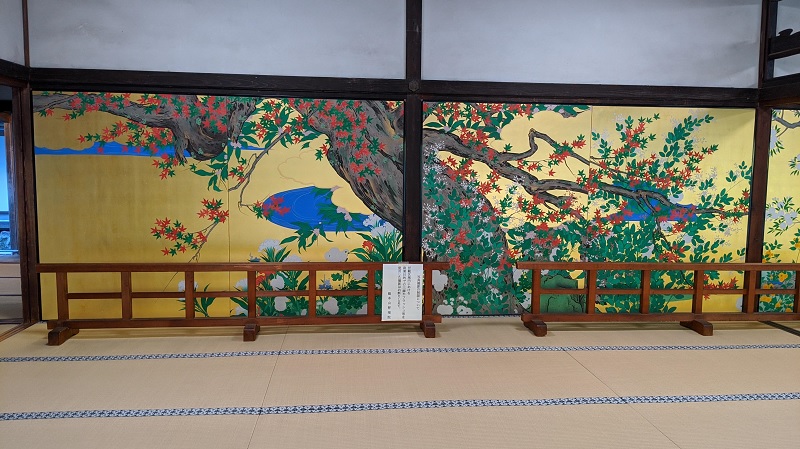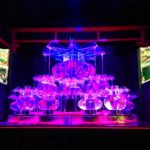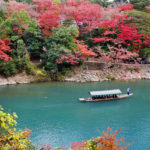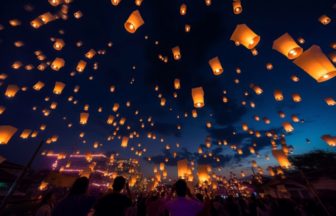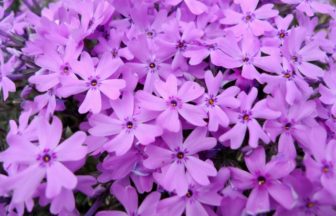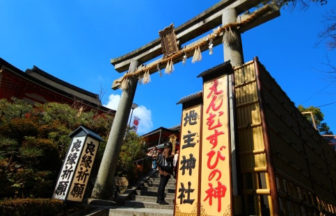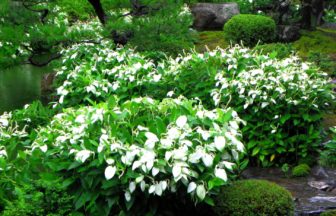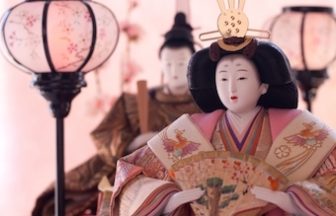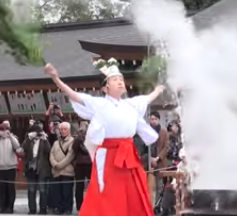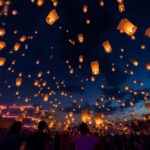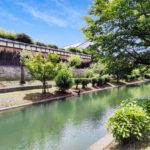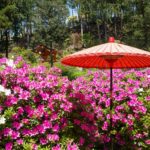Since ancient times, temples and painters have been closely related, and many artists have dedicated the Bird-and-flower paintings and landscape paintings. In addition to historical works, the number of vivid works of art by contemporary artists is increasing recently. How about exploring some masterpiece of the temple’s art?
Yogenin Temple
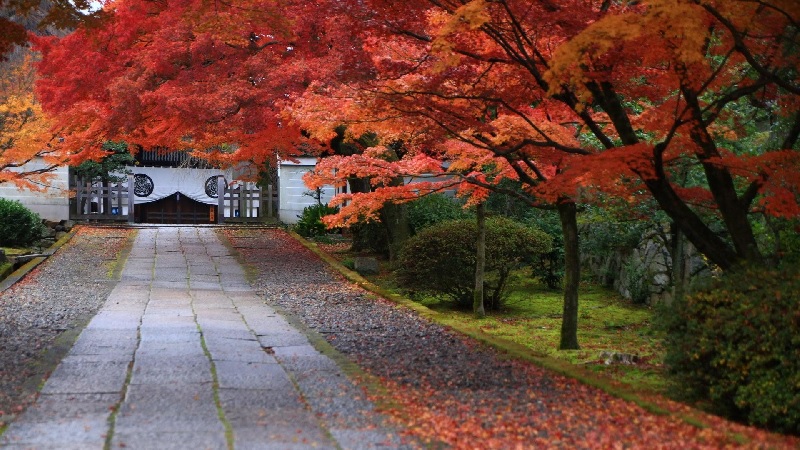
In the Azuchi Momoyama / Edo period, Kano school painters often painted fusuma paintings for temples and castles, and the fusuma paintings drawn by Kano Sanraku are left at Yogenin. Tawaraya Sotatsu, a genius painter of the Rinpa school born in Kyoto, draw pictures on twelve fusuma doors and eight sugito doors in the main hall. There are many eccentric and novel paintings that triggered the recognition of Tawaraya Sotatsu, who was unknown at the time. The famous “white elephant figure” is drawn on two Sugito, and is characterized by a sense of dynamism and humorous touch. A work that can be said to be the origin of Tawaraya Sotatsu, who draws the “Fujin Raijinzu” that will later become a national treasure.
【Basic information】
Address:
656, Sanjusanmawari-cho, Higashiyama-ku, Kyoto-shi, Kyoto 605-0941
Time:
9: 00 ~ 16: 00
* Closed on December 29th, 30th, and 31st
Access:
From JR Kyoto Station, get off at City Bus No. 206 “Nanajo Keihan-mae” and walk for 10 minutes.
About 10 minutes on foot from Keihan Shichijo Station
Admission fee:
500 yen (adults) 300 yen (junior high and high school students) 200 yen (elementary school students) Free (Physically handicapped)
Chishakuin Temple
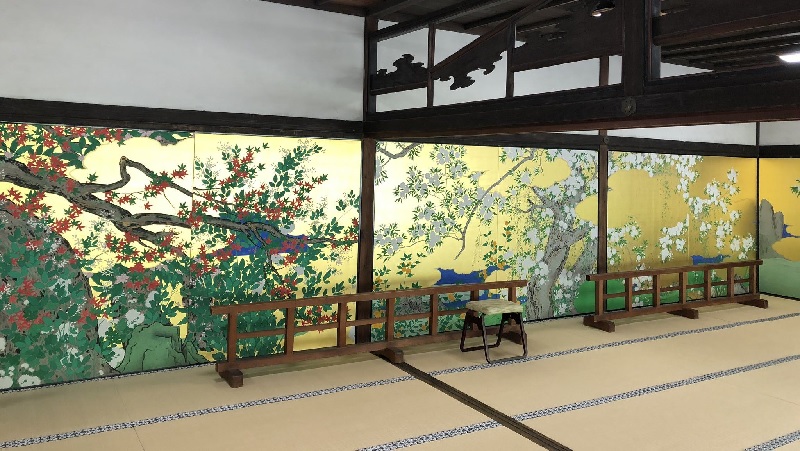
The Chishakuin Temple holds a variety of treasures, and the most well-known work is the kinpeki shouhekiga barrier painting by Tohaku Hasegawa. Tohaku Hasegawa worked on “Kaedezu”, and Tohaku’s son Kyuzo worked on barrier paintings such as “Sakurazu”. Called the masterpiece of the Momoyama period, this barrier painting is a valuable work that survived disasters such as fire and theft. The graceful and gorgeous depiction of the branches of the tree that fills the angle of view and the precise depiction of the petals of the flowers at the root is a masterpiece that attracts the viewer’s heart.
【Basic information】
Address:
964 Higashikawara-cho, Shichijo-dori, Higashioji-dori, Higashiyama-ku, Kyoto-shi, Kyoto 605-0951
Time:
9: 00 ~ 16: 00
* Closed on December 29th, 30th, and 31st
Access:
From JR Kyoto Station, get off at City Bus No. 206 “Nanajo Keihan-mae” and walk for 10 minutes.
About 10 minutes on foot from Keihan Shichijo Station
Admission fee:
500 yen (adults) 300 yen (junior high and high school students) 200 yen (elementary school students) Free (Physically handicapped)
Zuishinin Temple
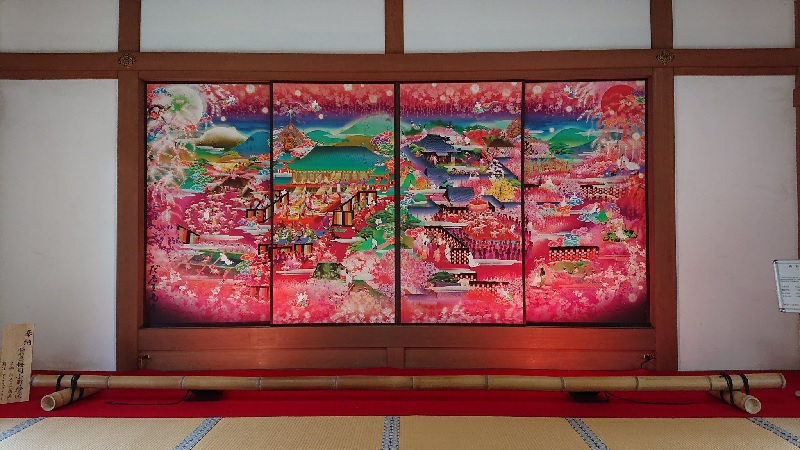
It is a temple where Ono no Komachi, a poet of the Heian period who was praised as a beautiful woman, spent her last years.
Although it is a little far from the city, the fusuma painting “Gokusaiiro Umeirokomachi Ezu” has become very popular as a photo spot.
The fusuma painting, which is based on the bright light red color called the splash color, is a world of vivid colors that goes beyond the concept of fusuma painting. From the left, the fusuma paintings are called “Birth Figure”, “Feast Figure”, “Traditional Figure”, and “Dream Figure”. , The later years of wandering around the nations and the mysterious life are expressed.
【Basic information】
Street address:
35 Onogoryocho, Yamashina-ku, Kyoto, 607-8257
Time:
9: 00 ~ 17: 00 (reception closes at 16:30)
Access:
5 minutes walk from “Ono Station” on the Kyoto Municipal Subway Tozai Line
Admission fee:
500 yen (adult) 400 yen (disabled) 300 yen (junior high school student)
Do you need more information?
You should receive such local information of Kyoto by an application “KoI APP”.
With this application, even if you don’t have Wi-Fi, you can find nearby stores and so on.
You can install the application from the following URL.

